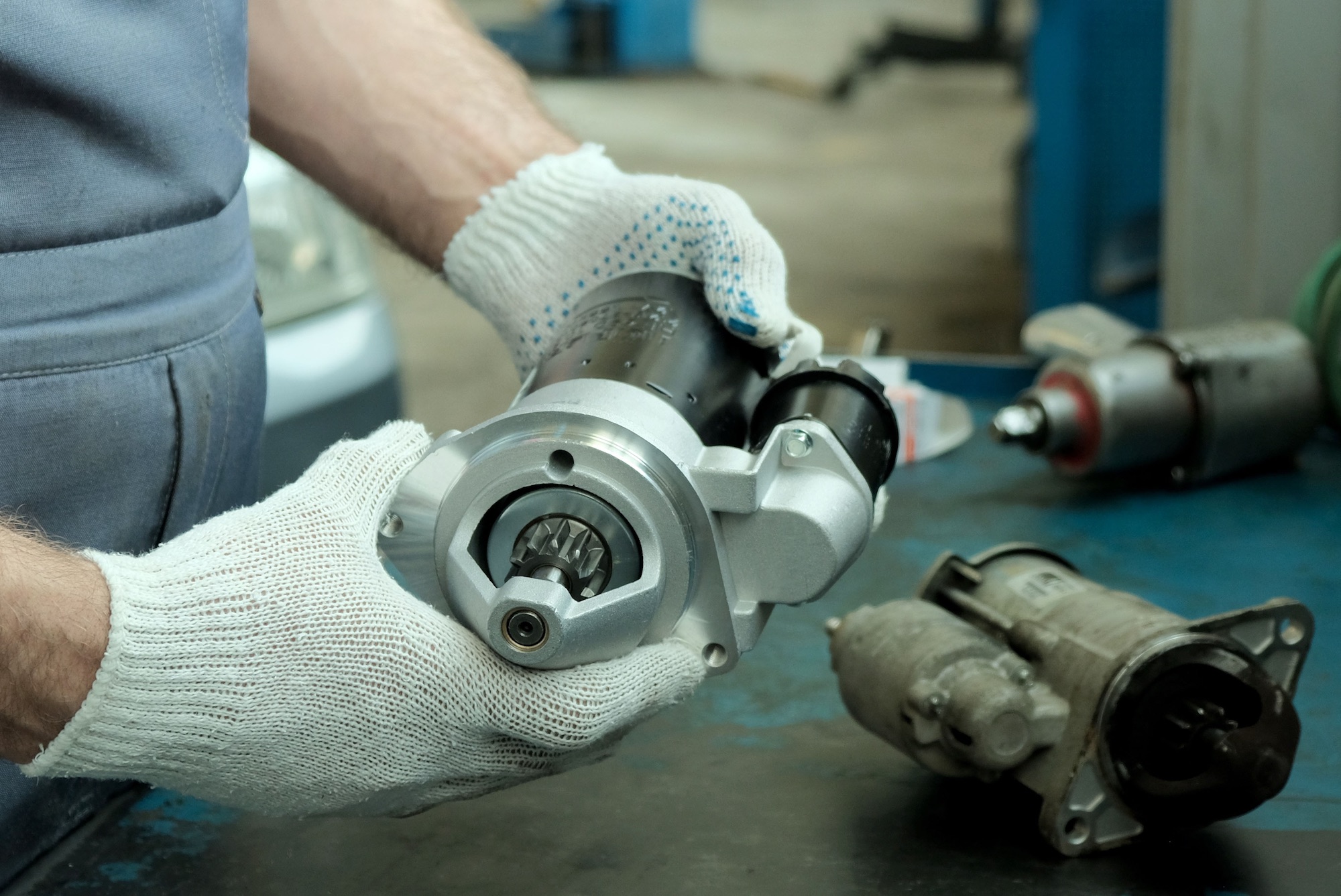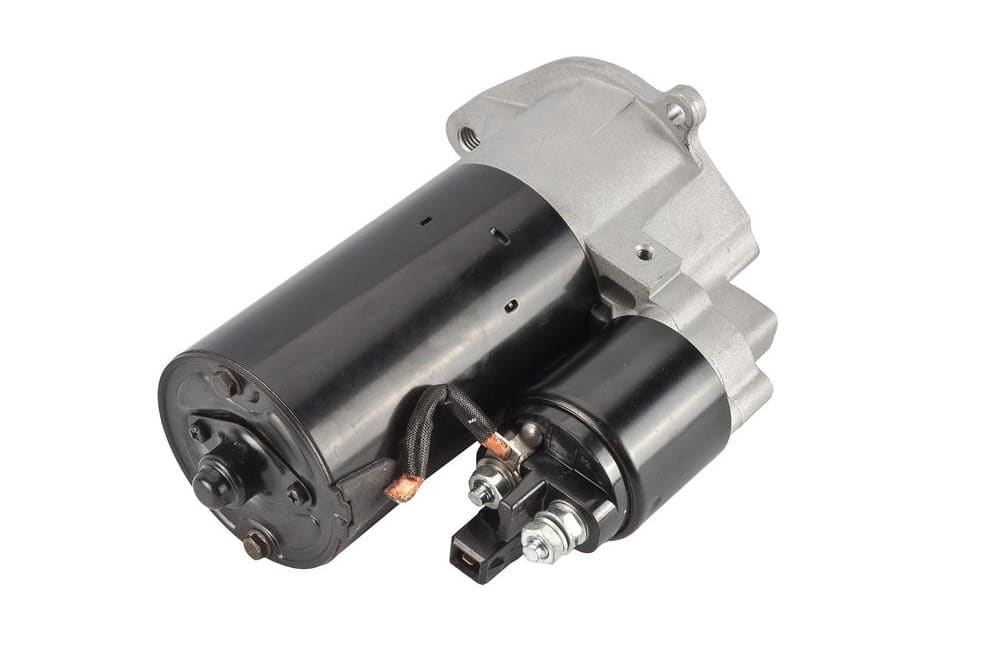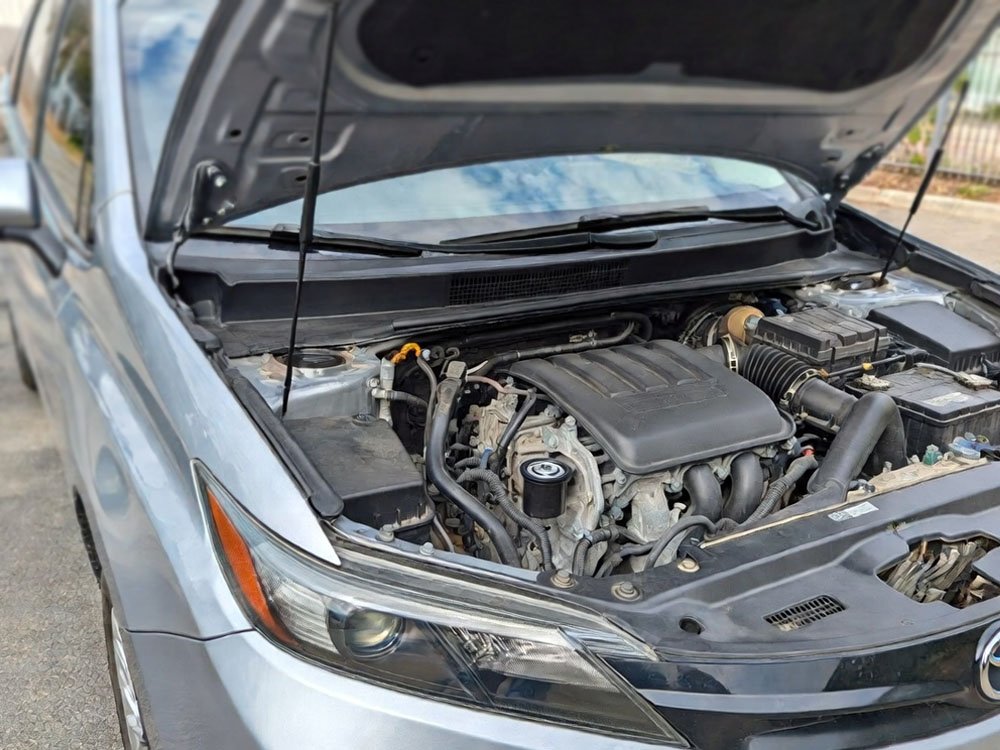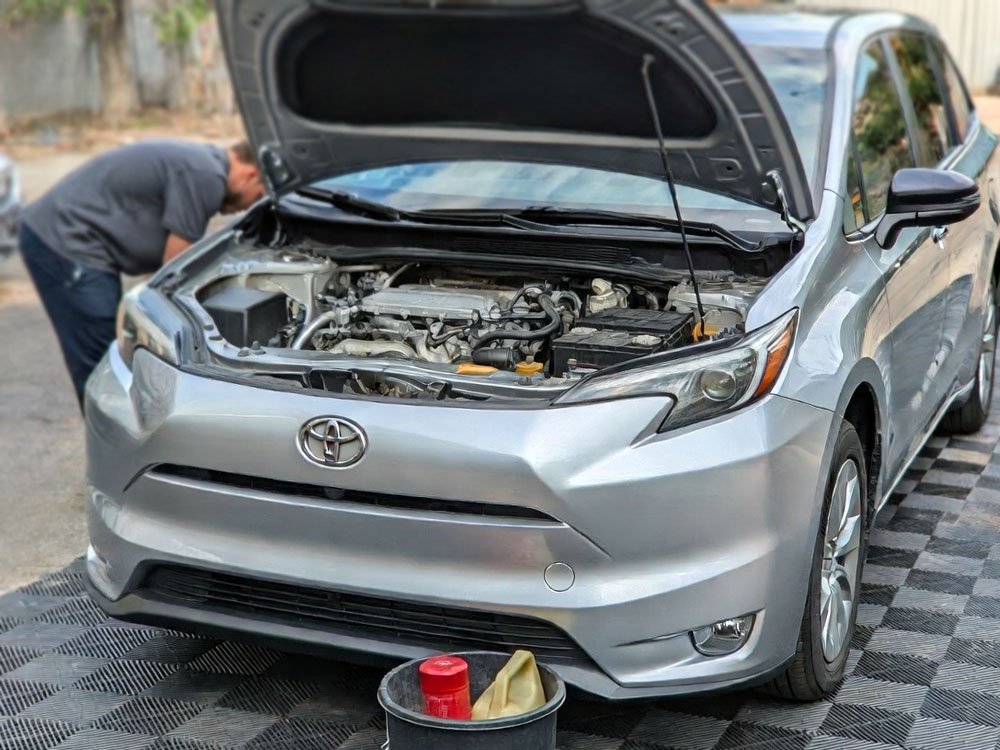As an Amazon Associate, I earn from qualifying purchases at no extra cost to you.
How Long Does A Car Starter Last
A car starter typically lasts for about 80,000 to 100,000 starts before needing to be replaced. Car starters have a lifespan of approximately 5 to 7 years, but this can vary depending on driving habits and environmental factors.
A car’s starter is a crucial component that initiates the engine’s operation. Over time, the wear and tear from frequent use and exposure to extreme temperatures can lead to its eventual failure. Factors such as short driving distances, frequent stop-and-go driving, and harsh weather conditions can contribute to a shorter lifespan for the starter.
Regular maintenance and early detection of any issues can help prolong the life of the car starter. Understanding the typical lifespan of a car starter can assist car owners in proactively planning and budgeting for its replacement before it fails, ensuring continued smooth operations of their vehicles.

Credit: www.ebay.com
Factors That Affect The Lifespan Of A Car Starter
The lifespan of a car starter can vary due to several factors including the quality of the starter, regular maintenance, driving conditions, and the frequency of use. It is important to keep these factors in mind to ensure the longevity of your car starter.
Factors That Affect The Lifespan Of A Car Starter:
Understanding the factors that impact how long a car starter lasts is crucial for keeping your vehicle running smoothly.
Quality Of The Starter:
- Choosing a high-quality starter can significantly increase its lifespan and reliability.
- Opting for reputable brands and durable materials can ensure better performance over time.
Driving Habits:
- Consistent gentle starts can extend the life of your starter compared to frequent abrupt or aggressive starts.
- Avoiding prolonged cranking can reduce wear and tear on the starter motor.
Maintenance Of The Car:
- Regularly servicing and inspecting your vehicle can catch starter issues early and prevent further damage.
- Ensuring proper electrical connections and keeping the battery in good condition can maintain starter health.
Environmental Conditions:
- Extreme temperatures can strain the starter, so parking in a garage or shade can help prolong its life.
- Moisture and corrosive elements can impact the starter, so protecting it from water exposure is essential.
Signs Of A Failing Car Starter
Signs of a failing car starter can leave you stranded and frustrated. It's important to be aware of these signs so you can address the issue before you find yourself stuck with a car that won't start.
Slow Cranking
One of the most common signs of a failing car starter is slow cranking. When you turn the key and hear the engine struggling to start, it’s a clear indicator that your starter may be on the verge of failing. If you notice this symptom, it’s imperative to address it promptly to avoid a potential breakdown.
Clicking Noise
Another telltale sign of a failing starter is a clicking noise when you attempt to start the car. This sound typically indicates that the starter solenoid is not receiving enough power to engage the starter motor. Ignoring this symptom can lead to a complete failure of the starter, so it's crucial to take action as soon as possible.
Intermittent Starting Issues
If your car starts only occasionally and the problem seems to come and go, you may be dealing with intermittent starting issues caused by a failing starter. This inconsistency can be frustrating and lead to uncertainty about whether your car will start when you need it to. Addressing this issue promptly is essential to prevent being stranded at an inconvenient time.
How To Extend The Lifespan Of A Car Starter
Ensuring the longevity of your car starter is crucial to avoid unexpected breakdowns and costly repairs. By implementing proper care and maintenance, you can effectively extend the lifespan of your car starter, saving time and money in the long run.
Regular Maintenance
Regular maintenance is essential for prolonging the life of your car starter. This includes regular inspections and cleaning of electrical connections to prevent corrosion. Additionally, keeping the battery in good condition and free from leaks will relieve unnecessary strain on the starter.
Using The Correct Size Starter
Using the correct size starter for your vehicle is vital. Make sure the starter matches the specifications recommended by the manufacturer. A starter that is too small will be overworked, while one that is too large may cause damage due to excessive force.
Avoiding Unnecessary Strain
Avoiding unnecessary strain on the car starter can significantly extend its lifespan. This involves limiting the use of accessories while the engine is off, as well as turning off the headlights and radio when starting the car. These small changes can help prevent strain and unnecessary wear on the starter motor.

Credit: www.yourmechanic.com
See Also: Is The Corvette A Muscle Car
When To Replace A Car Starter
When it’s time to consider replacing your car starter, there are a few key indicators to keep in mind.
Consulting A Mechanic
Before deciding to replace your car starter, seek advice from a qualified mechanic.
Considering The Cost Of Repair
Ensure you weigh the cost of repairing the starter against buying a new one.

Credit: www.nerdwallet.com
Conclusion
To sum up, the lifespan of a car starter varies but typically ranges from 50,000 to 100,000 starts. Regular maintenance can extend its durability. If experiencing issues, get it checked promptly to avoid further complications. Understanding your car’s starter longevity is crucial for vehicle reliability and efficient operation.











